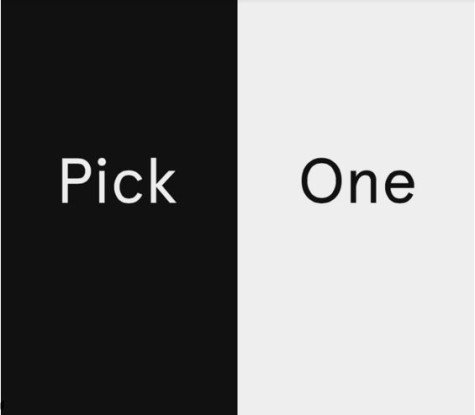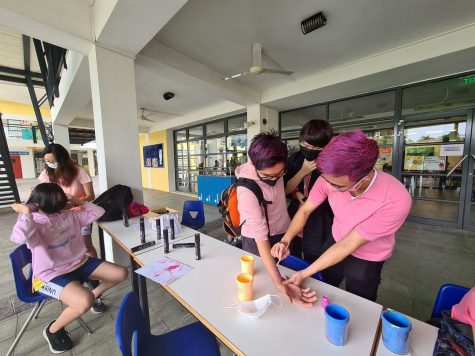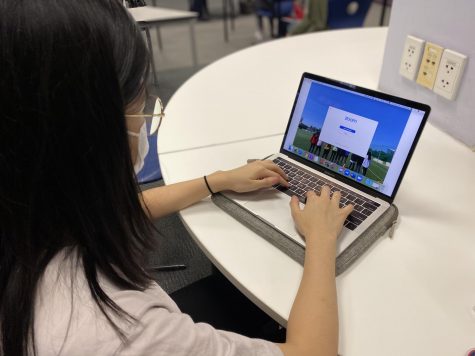One or the Other…?
What is seen as the norm is different wherever you go. It really depends which continent you’re on, the environment you’re in, and the race that surrounds you. If you’re from two races, you may be challenged by the choice to fit into either one or the other. That constant clash of racial norms will pop up in many real life situations, probably for the rest of your life. For me, my racial influences come from Ghana and the UK, and growing up with a mixed heritage attracts awkward scenarios:
Awkward Scenario One:
From the time I started school in England, I didn’t see any difference between my family and others. I knew I looked different; I was a light skinned, curly haired girl, with big chubby cheeks that formed as two oranges on my face when I smiled. My hair was thicker… but it’s still hair right? But that wasn’t the only thing I had to contend with. After going through reception without spelling my name wrong once, *ahem, goals*, in Year One I was called new names – “Candy Floss” and “Bushy Wushy”, all related to my ‘different’ hair. Two “genius” names created by the Year Six boys during recess. I remember skipping toward the field and seeing many heads turning to view how my locks seemed to defy gravity.
Why was this awkward? My hair got me a lot of attention as a kid, and why wouldn’t I want that as a five year old girl? I did not feel that my hair disadvantaged me until my friends also started calling me “Wushy”. I soon realized that I was receiving attention because I looked different.
This incident didn’t require me to choose which ethnicity to fall back on, since it was mainly my hair from my grandma’s bushy afro (on my mum’s side), but it was an example of exclusion that set me aside from the majority.
Awkward Scenario Two:
In any international school, there is usually a wonderful day of celebration for many nationalities, in UNIS it is UN Day! On this day you would dress up in your country’s traditional wear or national costume and eat food from all cultures, ah, it’s a blast. However, having to decide whether to represent Great Britian or Ghana each year is a hassle, with finding the easiest costume ideas to represent England, or finding a Kente dress for Ghana. It sure is fun times…sometimes. This year I proudly represented Ghana, wearing a dashiki with my ‘fro down. Yet in previous years when living in Ghana and celebrating this day in Ghana with full Ghanaians felt intimidating to me. You would hear them speaking the language more fluently, or see them nicely filling out the dresses and I ended up feeling displaced within my own homeland. Consequently, I would represent Britain, yet I wasn’t full British, so feeling like leaning on both sides wasn’t really an open option. I don’t know how it is everywhere else, but having this celebration of cultures in Ghana was just an open event of decision makings.
The reason I felt this awkward is kind of self-explanatory, at least living through it did. Growing up, you always feel the need to choose a certain side, to identify to a place as a citizen, like, “I’m from here, and only here.” Yet after moving around a little, and getting a glance into the lives of many other mixed humans, I realized, we are our own race, our own people. We are dual citizens and the mesh of blended cultures into one, that is awesome. So I think that the point of this is to identify that you don’t need to be classified as one or the other, you are both. Whether it took a few realizations to get there like me, or to get accepted it as it could be. You are unique. We all are.




